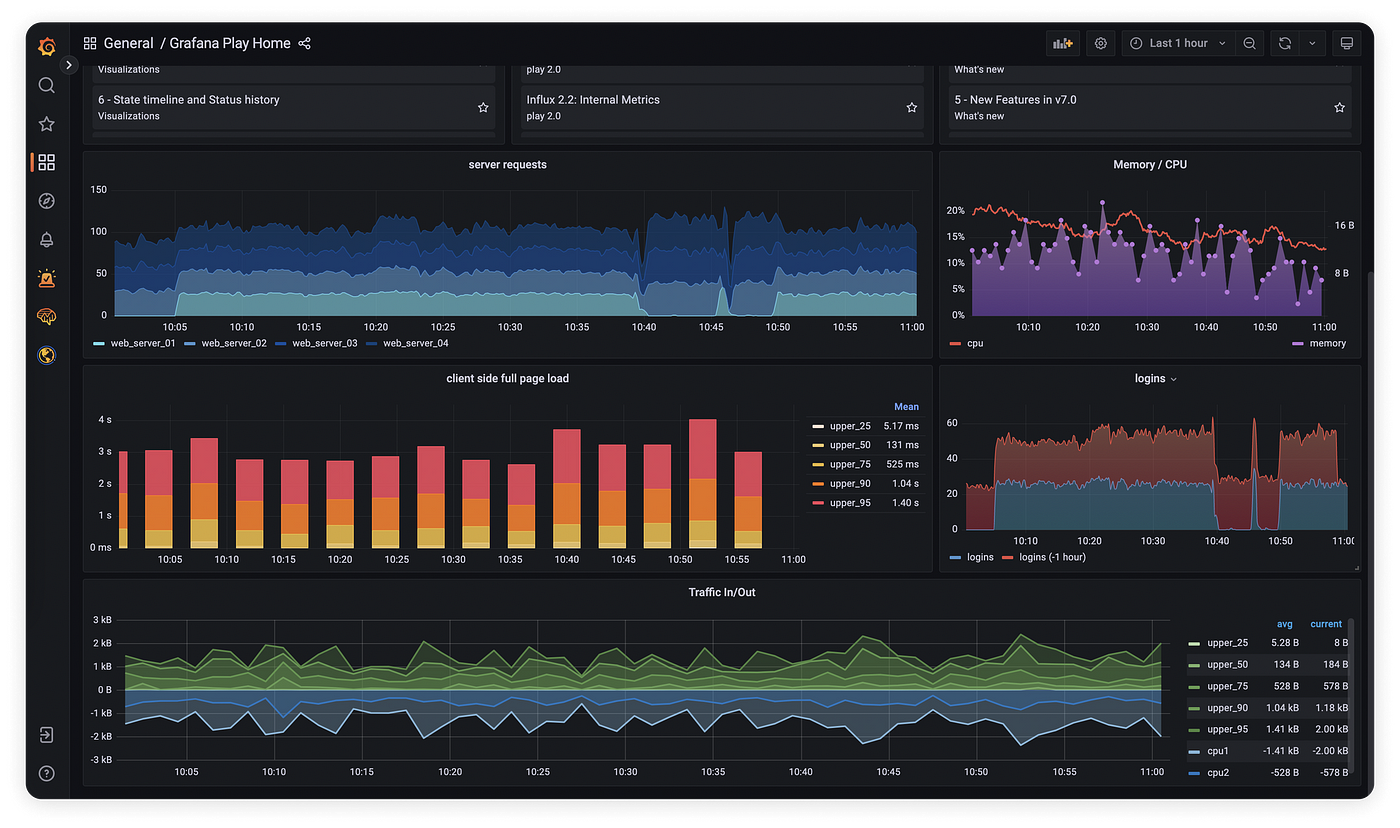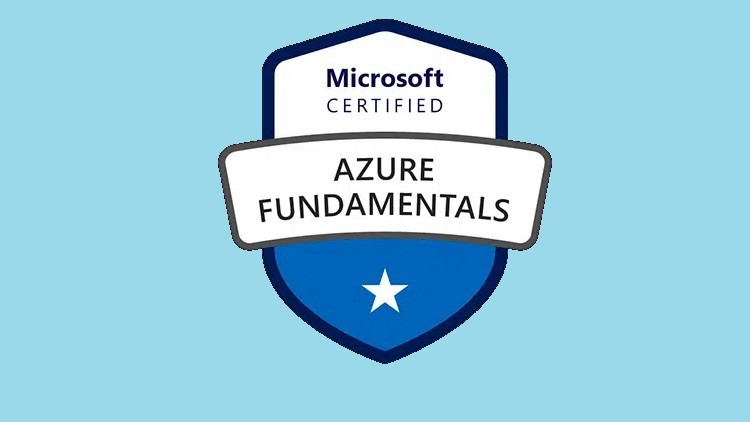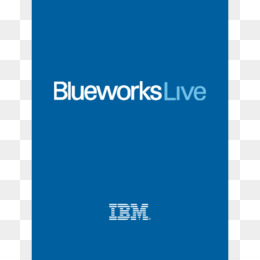Description
Introduction of Relativity Dashboards and Workflows
Customizing dashboards and workflows in Relativity is crucial for optimizing the e-discovery process, enhancing user experience, and facilitating efficient project management. This training course will provide participants with a comprehensive understanding of how to tailor Relativity dashboards to display relevant metrics and insights, as well as how to design and implement effective workflows that streamline tasks and improve collaboration among team members. By the end of the course, attendees will have the skills needed to create customized dashboards and workflows that meet the specific needs of their projects.
Learning Outcomes:
- Understand the components and functionalities of Relativity dashboards and workflows.
- Learn to create and customize dashboards that provide valuable insights.
- Master the design and implementation of workflows tailored to project requirements.
- Gain insights into best practices for maintaining and optimizing dashboards and workflows.
Prerequisites:
- Basic knowledge of the Relativity platform and interface.
- Familiarity with e-discovery processes and terminology.
- Recommended: Completion of an introductory course such as “Navigating the Relativity Interface” or “Managing Cases and Workspaces in Relativity.”
Table of Contents
1: Introduction to Dashboards and Workflows in Relativity
1.1 Overview of Dashboards in Relativity
1.1.1 Purpose and benefits of using dashboards.
1.1.2 Key components of a Relativity dashboard.
1.2 Understanding Workflows in Relativity
1.2.1 The role of workflows in the e-discovery process.
1.2.2 Different types of workflows (document review, case management, etc.).
1.3 Navigating the Dashboard and Workflow Interfaces
1.3.1 Overview of the dashboard and workflow setup interfaces.
1.3.2 Identifying relevant metrics and data sources for dashboards.
2: Creating Custom Dashboards
2.1 Setting Up a New Dashboard
2.1.1 Step-by-step process for creating a new dashboard.
2.1.2 Choosing a layout and template that fits project needs.
2.2 Adding Widgets and Components
2.2.1 Overview of available widgets (charts, tables, lists).
2.2.2 How to add and configure widgets to display relevant data.(Ref: Automating e-Discovery with Relativity Analytics Tools)
2.3 Customizing Dashboard Aesthetics
2.3.1 Personalizing the dashboard’s appearance (colors, fonts, layouts).
2.3.2 Best practices for creating visually appealing and functional dashboards.
3: Integrating Data into Dashboards
3.1 Data Sources and Metrics for Dashboards
3.1.1 Identifying relevant data sources for dashboard metrics.
3.1.2 Selecting key performance indicators (KPIs) for tracking progress.
3.2 Creating and Managing Saved Searches
3.2.1 Utilizing saved searches as data sources for widgets.
3.2.2 Configuring saved searches to update dynamically in dashboards.
3.3 Using Relativity Analytics in Dashboards
3.3.1 Integrating analytics data into dashboards for enhanced insights.
3.3.2 Customizing analytics visualizations for better reporting.
4: Designing Effective Workflows
4.1 Understanding Workflow Components
4.1.1 Key elements of a Relativity workflow (steps, actions, conditions).
4.1.2 The importance of workflow design in project efficiency.(Ref: Automating e-Discovery with Relativity Analytics Tools)
4.2 Creating a New Workflow
4.2.1 Step-by-step process for building a new workflow from scratch.
4.2.2 Selecting workflow triggers and defining task assignments.
4.3 Configuring Workflow Steps and Actions
4.3.1 Setting up different types of workflow steps (review, approval, notification).
4.3.2 Managing actions and conditions for each workflow step.
5: Implementing and Testing Workflows
5.1 Testing Workflows Before Implementation
5.1.1 Strategies for testing workflows to ensure functionality.
5.1.2 Conducting user acceptance testing (UAT) with stakeholders.
5.2 Deploying Workflows in Relativity
5.2.1 Steps for deploying workflows for end-users.
5.2.2 Communicating changes to team members and stakeholders.
5.3 Monitoring and Reviewing Workflow Performance
5.3.1 Using metrics and reporting to evaluate workflow effectiveness.
5.3.2 Making adjustments based on user feedback and performance data.
6: Best Practices for Dashboards and Workflows
6.1 Establishing Dashboard Best Practices
6.1.1 Guidelines for creating effective and meaningful dashboards.
6.1.2 Importance of regular updates and maintenance of dashboards.
6.2 Workflow Optimization Techniques
6.2.1 Tips for streamlining workflows and reducing bottlenecks.
6.2.2 The role of feedback loops in continuous workflow improvement.
6.3 Ensuring User Adoption and Training
6.3.1 Strategies for training users on dashboards and workflows.
6.3.2 Encouraging user engagement and feedback for improvements.
7: Advanced Dashboard Features
7.1 Utilizing Dynamic Dashboards
7.1.1 Creating dashboards that update in real-time based on user actions.
7.1.2 Implementing filters and parameters for dynamic data display.
7.2 Integrating External Data Sources
7.2.1 Techniques for pulling in data from external sources into dashboards.
7.2.2 Setting up API connections for real-time data integration.
7.3 Advanced Analytics and Reporting in Dashboards
7.3.1 Leveraging advanced analytics features for deeper insights.
7.3.2 Creating custom reports based on dashboard metrics.
8: Final Review and Hands-on Practice
8.1 Practical Exercise: Customizing Dashboards and Workflows
8.1.1 Hands-on activity to create and customize a dashboard and workflow.
8.1.2 Participants apply learned techniques to a case study.
8.2 Best Practices Recap
8.2.1 Review of key concepts and practices covered throughout the course.
8.2.2 Discussion of real-world applications and potential challenges.
8.3 Final Q&A and Course Conclusion
8.3.1 Open forum for questions and clarifications.
8.3.2 Feedback and resources for further learning.
This course will empower participants to effectively customize dashboards and workflows in Relativity, enhancing project management capabilities and overall productivity in e-discovery processes.







Reviews
There are no reviews yet.